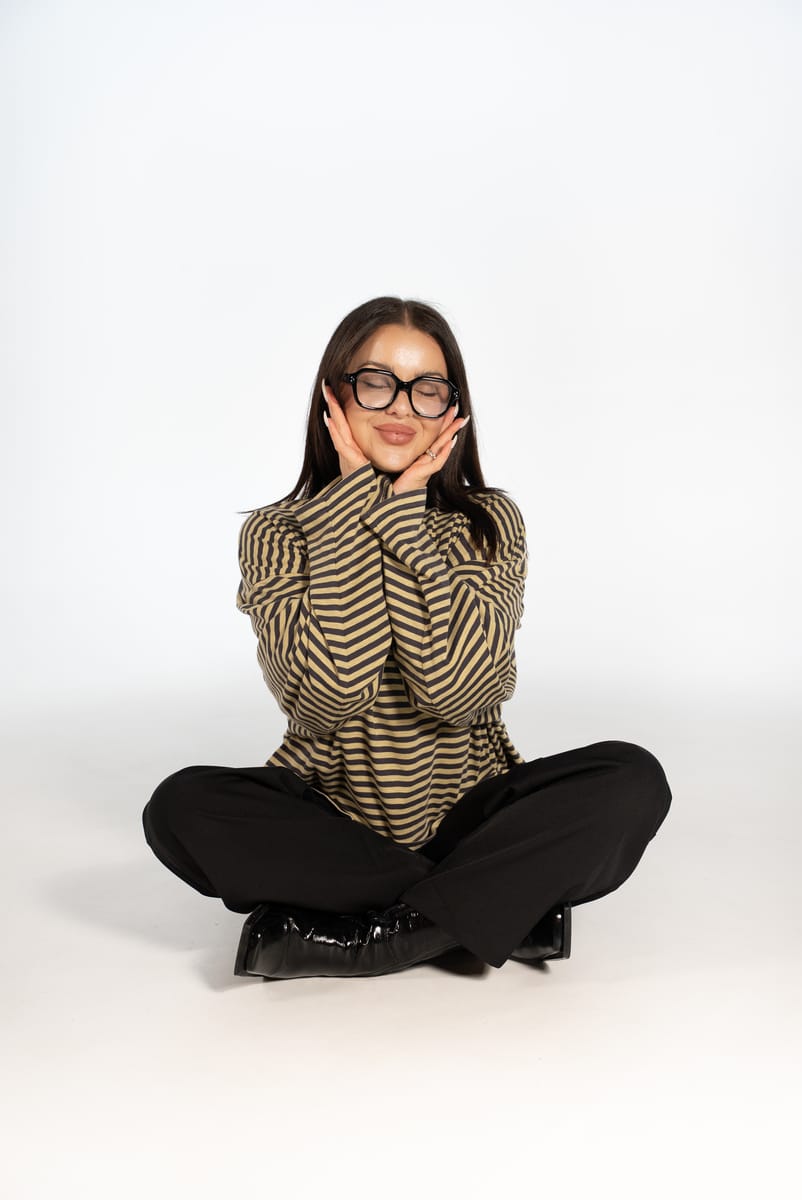
Vitaminwater’s genius marketing, celebrity endorsements, and pop culture relevance made it the first viral drink, before viral drinks were a thing. Despite being debunked as a healthy drink, it’s still around today, proving the lasting power of a strong brand.
Am I the only one who grew up thinking Glaceau’s Vitaminwater was healthy?
Only to find out it was just really well marketed sugar water.
My tweens were the era of peak 2000s MTV. The places we drew inspiration and found trends were here, and magazines. Back then, culture was heavily influenced by trashy TV and pop stars.
Enter Glaceau Vitaminwater, which exploded into pop culture.
It was the chic new colourful drink spotted in the hands of all the hottest celebrities.
This was a time when the health beverage market was still an emerging one. Flavoured and functional waters were a whole new product, projected to gain traction in 2008, and Glaceau were setting the trend.
17 years later, Vitaminwater is still thriving.
And it's recently returned to its roots with an NYC based campaign by Spike Lee. This new campaign serves as a reminder of Vitaminwater’s staying power as a brand.
So how did Glaceau create such a strong brand, even though the functional drink market has become oversaturated over the last 20 years?
Vitaminwater walked so Prime Hydration could run. It was basically the first viral drink, before viral was a thing.
Introduced in 2000 as a functional beverage, Glaceau’s Vitaminwater was designed to provide hydration and essential nutrients to consumers tired of drinking plain water.
But it quickly became more than that. The product became a social currency.
And it started with 50 Cent (of all people?).
In 2004, Curtis Jackson (50 Cent) was doing a Reebok print ad campaign. He posed with a bottle of Vitaminwater, simply because he liked the product. Glaceau saw this, and naturally offered him a minority stake to pitch Vitaminwater.
From here, Jackson went on to do print ads, promotions, and an iconic national TV ad where he led a symphony orchestra in a classical arrangement of 'In Da Club'. Yes, y2k was a fever dream.
He even developed his own flavour – Grape Vitamin-enriched Formula 50.
This propelled the drink from a humble Queens-based brand to a highly coveted product. Brand awareness exploded.
Around this time, Coca-Cola acquired the privately-owned brand for $4.1 billion.
After that, we saw Vitaminwater's explosion into pop culture. The Kardashians, Lakers legend Kobe Bryant, and most famously, the entire cast of Gossip Girl got on board.
The colourful bottles appeared so often in the show, they were basically their own character. Me, and ever other tween and teen across the globe were sprung.
Vitaminwater was not only a hot new commodity, but the coolest accessory. And it helped that the packaging was so totally chic and different to anything in the market at the time.
The bottles were clear to showcase the unique colouring of each flavour, adorned with a minimalist label with a stripe to match. When placed all in a line in a bodega refrigerator, the drinks looked like a modern rainbow that screamed 'hip'.
Complete with clever tongue-in-cheek cop and a strong tone of voice, you can see why the hype was so real. Vitaminwater was unlike any beverage the world had ever seen before.
Over the years, the brand has employed pop culture icons to don the drink as their most loyal accessory. It’s a celebrity-adjacent product.
And that’s the reason it’s still around today, despite being completely debunked as a health product. We still associate the brand with being cool.
This highlights the power and importance of brand association. The mental connection we create between our consumers and brand can be long-lasting, for better or for worse.
In some ways, it’s easier to create a long-term negative connotation with your brand than it is to create a positive association that truly sticks. That’s why what Vitaminwater has done here is so impressive. The brand's used pop culture to create a strong brand image with enough longevity to span decades.
-Sophie, Writer
